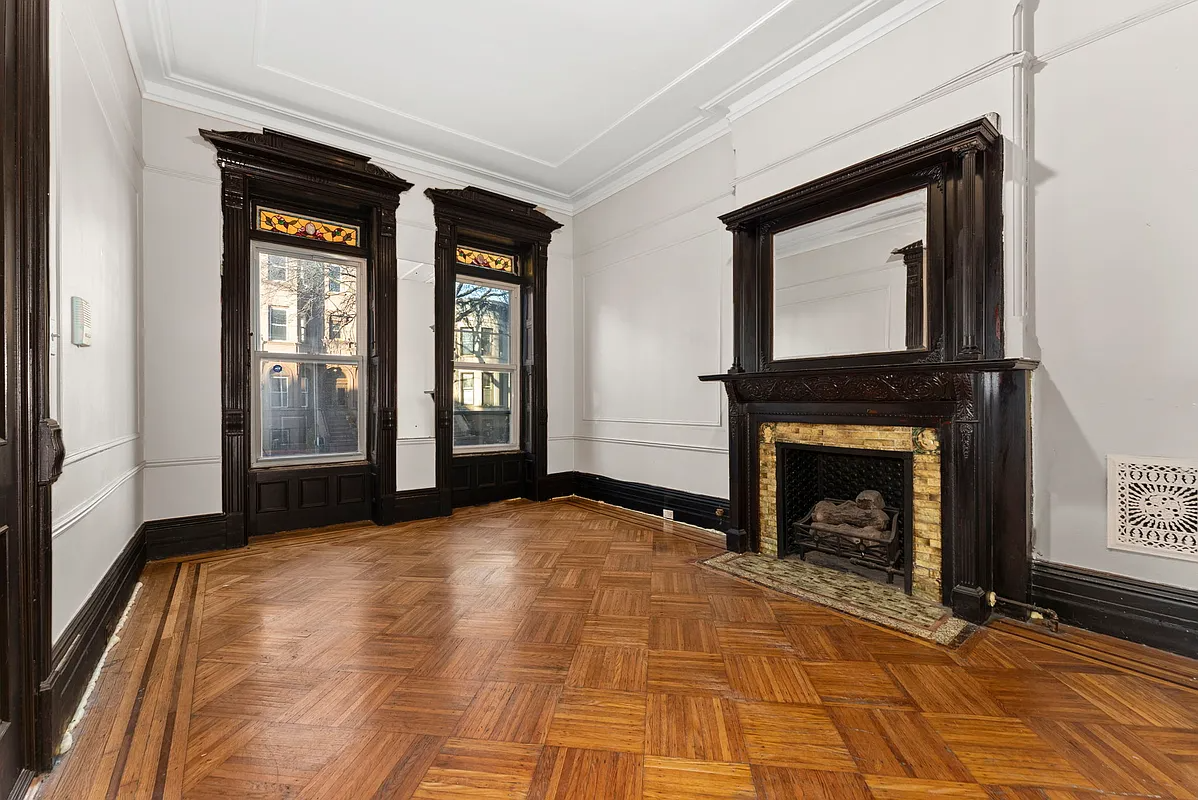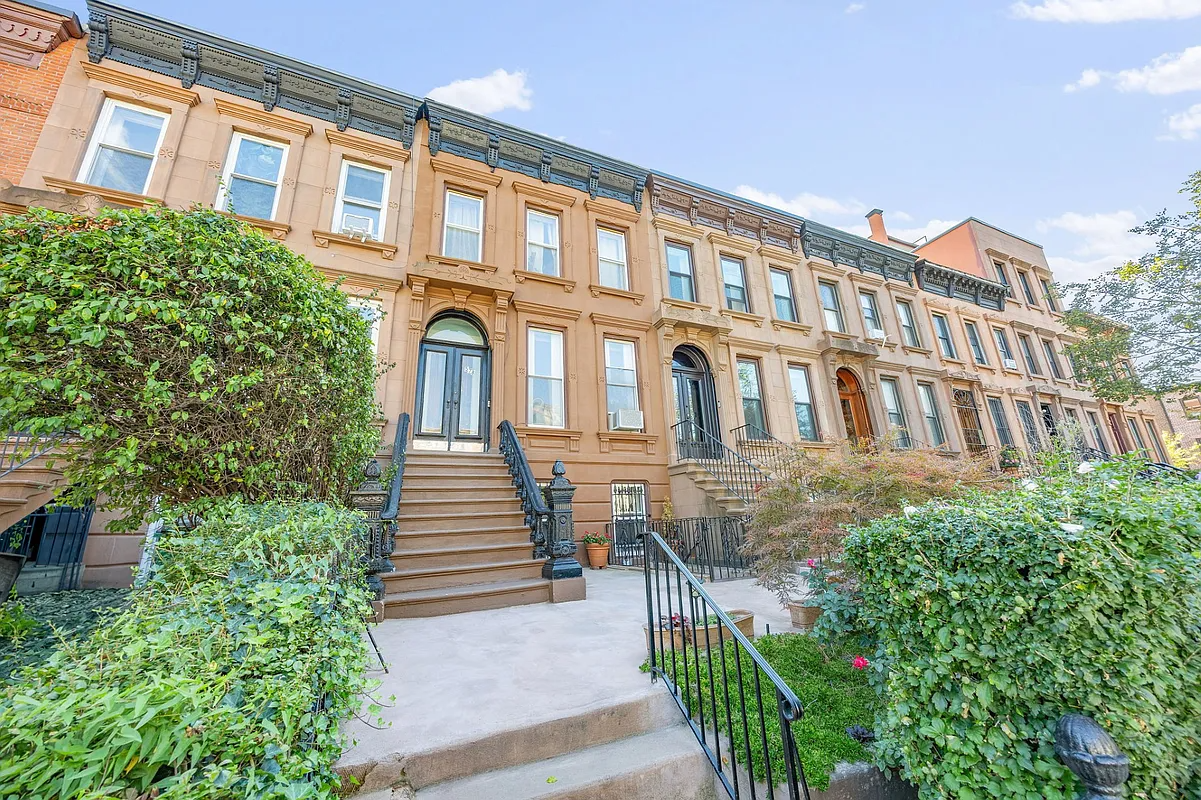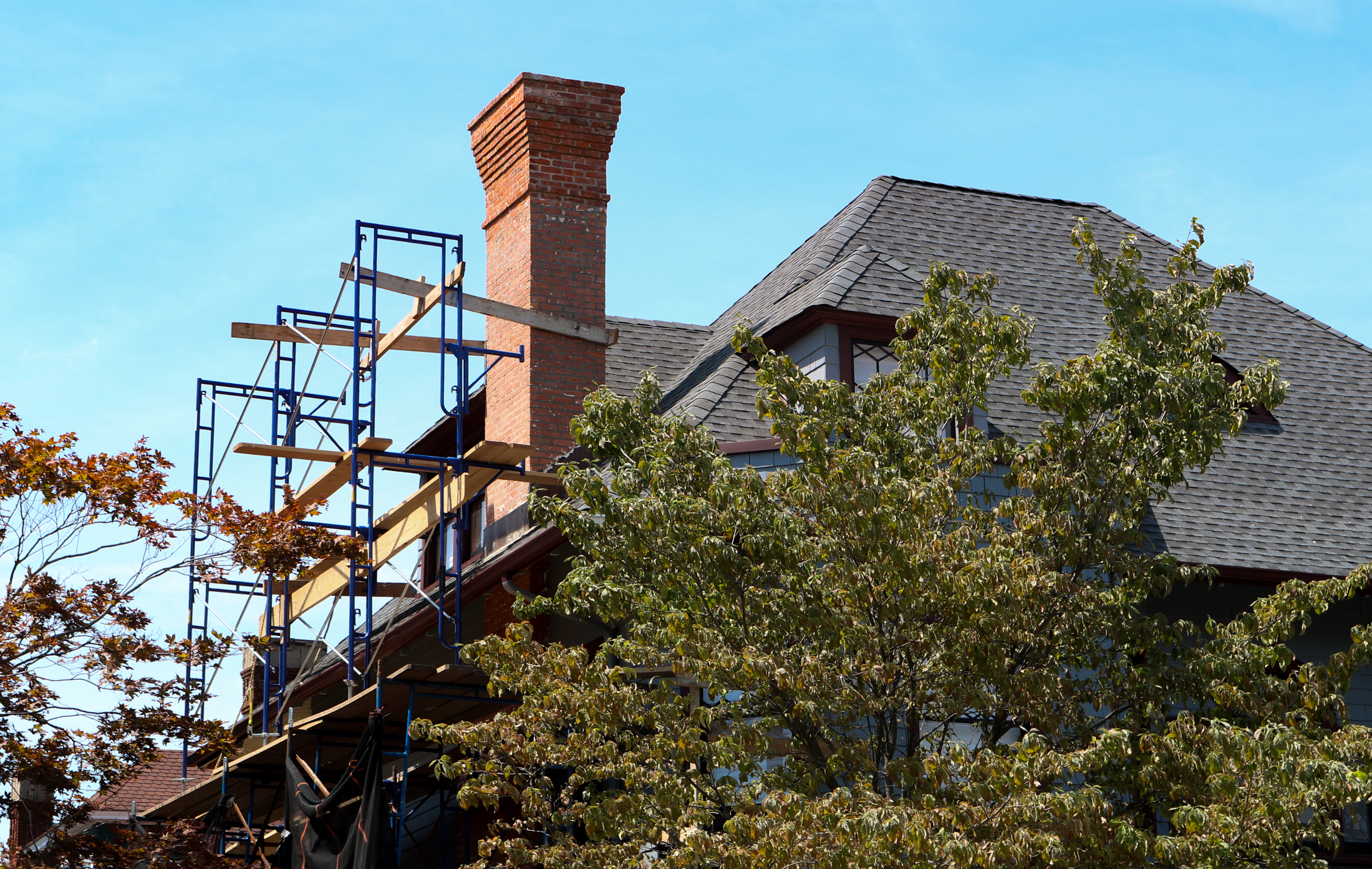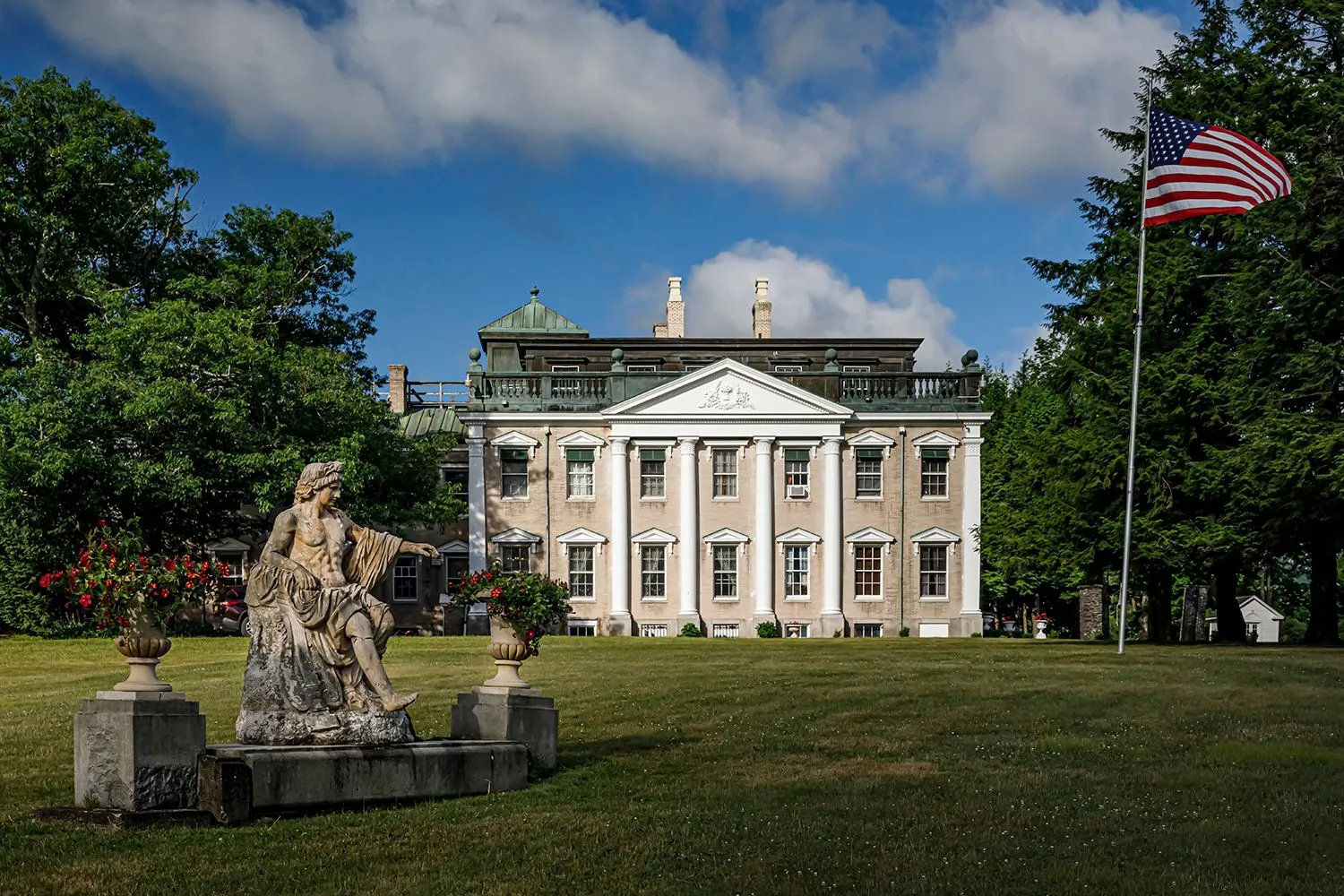Housing Bubble Starting to Lose Air?
We don’t usually get around to the Op Ed page ’til later in the day so we missed Krugman’s piece yesterday on everybody’s favorite topic, the housing bubble. Among the signs he points to that the bubble is already losing air are: The bubble doesn’t burst with a bang–inventory builds as sellers hold out for…
We don’t usually get around to the Op Ed page ’til later in the day so we missed Krugman’s piece yesterday on everybody’s favorite topic, the housing bubble. Among the signs he points to that the bubble is already losing air are:
Is there any hard evidence that properties in New York are sitting on the market for longer?
That Hissing Sound [NY Times]





Alo, the population of NYC is NOT declining. Since 1990, the five boroughs have *gained* 800,000 people.
Anon 146 wrote:
“Alo- The NY Mag article of neighborhood “analysis” was a crock and hardly anything scientific.
I see your points of comparisons to the other markets, but I just can’t buy it that NYC (especially Brooklyn, where I and many on this board own) is going to have tumbleweeds rolling by and we’ll be looting in the streets in 2 years. Still booming – probably not, but who knows?”
As the national economy goes, so goes Brooklyn. We’re not immune — in fact, we are consisidered a more vulnerable market due to our slower job creation and declining population. – believe me, I’ve lived through downturns and bubbles, and when you compare P/E ratios (cost to rent vs. cost to own), sure seems bubbly to me right now. I don’t know what constitues a “crock” article – I found the economists interviewed by NY mag quite lucid – and of course the Consumer Reports piece was very thorough.
I didn’t say Brooklyn would collapse (it has weathered downturns/recessions before), but I have bought RE in Brooklyn (multiple times), and I would not buy in this market right now.
I was a first-time home buyer and bought a condo in the fall of 2002 for $820k. It’s a garden duplex in a renovated townhouse on a solid North Slope block, with two bedrooms, a study, and a large rec room, so the space is flexible: we used it as a 3-bedroom until one kid flew the nest, now have one teenager at home, so turned the third BR back into a rec room.
An apartment in this four-unit building that is only one floor (we have the only duplex) just sold for nearly $1.1 million. So that means I could probably sell my apartment today for, what … about $1.3 million or more? So on paper, I’m sitting on a lot of equity, and that feels good. Could it all disappear? I sincerely doubt it. In the short term, the eventual selling price could be less than $1.3 million, but I don’t believe it would ever be less than $820k I paid for it. So at worst, I’d break even.
I suffered a job reversal with a loss in income a few months ago, and so refinanced my 6.75% 30-year fixed rate mortgage to a 5%, 5-year ARM in January 2005, saving about $800/month on my monthly mortgage payment. So as of January 2010, I could be subject to a higher interest rate, but that’s still nearly five years away. I figure we can ride out the next few years with no worries.
As someone else mentioned, ARMs are getting a bad rap as a risky new “creative” form of financing. They’ve actually been around for a long time. I didn’t choose an ARM in the first place because I wanted to know what my fixed monthly costs would be, but given my changed circumstances it made sense — it meant I could still own a million-dollar condo on a lower income. The interest-only loans are scarier, because then you’re not building up any equity at all except what the market gives you.
In the meantime, even though I have virtually all of my money in my house, I am satisfied that this is not just an investment but a solid, comfortable home for me and my family. Those who are buying the new condos on the fringes of Park Slope, assuming they will make a killing, are in more danger.
Just thought I’d share this experience for what it’s worth. If you’re buying a real home and plan to stay put for awhile, I think real estate is still a good investment.
anon at 3:55 — “No one today, no artist-writer-musician, would never be able to buy in this neighborhood, let alone an apartment of this size, on an income like mine.”
Keep in mind, though, that no artist with an income like yours (adjusted for inflation) would have been able to buy your place five or seven years earlier, either. In 1994, you were buying at the absolute nadir of the market after the last real estate bust in NYC. I bought not that long after that — making a pittance working for a nonprofit — and that’s the only reason I’m able to own a house now on my income.
We were both lucky, but I’m afraid it has been the rule for a long time that “people like us” have to make do with renting or owning lesser places in NYC.
I’m a wanna be buyer and don’t have kids yet, but I know I want to so I am on the 10 year plan myself – I’m not buying anything that won’t allow 2 kids to live comfortably, meaning nothing less than 3 bedrooms. I think that’s a good plan and will help you sit out any “bubble.”
I own a one bedroom co-op (approx. 800 sf) in a doorman building in Brooklyn Heights. I bought it in 1994 for 105K (smartest thing I ever did). I am an artist and my income would not enable me to pay much more than that. I have a view of Manhattan. The building is lovely. I am very lucky. No one today, no artist-writer-musician, would never be able to buy in this neighborhood, let alone an apartment of this size, on an income like mine. This is sad. New York is not an interesting city because of all the lawyers and investment bankers living here but rather because once upon a time creative people could actually afford to live here. I for one hope the bubble deflates–not bursts–but makes it possible for “regular people” to live in decent neighborhoods.
anon at 3:34 — I have kids, but bought first home well before that.
Wannabe — I had assumed from your post that you were not interested in anywhere where you could presently afford, but if you are considering Queens, I have friends who just bought in Forest Hills in your price range, spacious 2BR, parking, etc., and like it a lot.
But I agree that owning, like having kids, is not for everyone and don’t let anyone tell you otherwise. Nor is living in NYC, for that matter.
Don’t buy unless place will satisfy you for at least 10 years. (as in has enough room for any potential additions to family).
If significantly cheaper to rent – keep renting and building bank acct.
There is so much new building going on or planned
there will plenty to choose from.
How many of the people involved in this thread have children? Have more than one child?
The need to have a comfortable, spacious home takes on greater importance when talking about families…
Vacations are great, but take a back seat to a nice home once you choose to breed. Of course, it’s always nice to keep some money in the bank, if you can.